A Club Born from Industry and Ambition
Boavista FC has always been a club with a unique story. Founded way back in 1903 by a mix of British entrepreneurs and local textile workers, the club grew out of Porto’s industrial neighborhoods. Even today, their iconic black-and-white chequered shirts are a nod to those working-class roots—a sharp contrast with the more glamorous images of Portugal’s football giants.
Despite playing in the shadow of Porto, Benfica, and Sporting, Boavista developed a reputation for grit and togetherness. They never had the biggest stars, but there was a sense of unity around the club, shaped by its community-driven beginning. Over the years, Boavista became a stubborn opponent, hard to break down and never lacking in fight.
Breaking the Big Three and Tumbling Down
The 2000/01 season turned everything upside down. Under manager Jaime Pacheco, Boavista FC pulled off what most thought was impossible—they won the Primeira Liga. Their success wasn't built on a superstar striker; in fact, no player hit more than 11 goals. Instead, it was a full-team effort, all driven by sheer work ethic. Famous coach Fabio Capello even said Boavista “ran more than any other side in Europe,” pointing out just how much they relied on hustle over flair.
That title win was no fluke either. The next season, they finished second with 70 points and allowed only 20 goals, showing it wasn’t a one-off. Even so, money was always tight. While the big clubs could splash out, Boavista had to keep things lean, and every season felt like balancing on a tightrope.
Things started to unravel with financial cracks—exacerbated by governance chaos tied to the so-called 'Golden Whistle Enquiry' into Portuguese football. It shook up trust in the leadership and forced Boavista into a spiral: debts ballooned, off-field problems became headlines, and soon, the team found themselves tumbling down to the lower leagues. Their fall was dramatic, marked by a five-year grind in the tough, cash-starved underbelly of Portuguese football.
It wasn’t results that brought Boavista back, but a twist in the legal saga. A judicial ruling in 2014 recognized the unfairness of their enforced relegation. That same year, João Loureiro—no stranger to the club—returned and took on the unenviable task of dragging Boavista out of its financial swamp. He managed to cut the crippling debt burden in half, making actual team-building possible again.
Former Boavista star Petit stepped in as manager just in time. He steadied the squad, and soon they finished 13th in their comeback season of 2014/15—not spectacular, but those in the stands knew what it meant. That stability paved the way for modest progress, with Boavista now settling into the middle of the table most seasons. Their fans—long familiar with heartbreak—found pride in how the club battled through the lowest times and began slowly punching back toward respectability, even with the ever-present financial grind.
The Boavista FC tale is a wild ride: a once-unthinkable rise to glory, a collapse brought on by off-field mess, and a cautious rebirth. It shows how, even in modern football, just one big story or one court ruling can swing a club’s fate overnight—especially for those living on the edge of the game's elite.
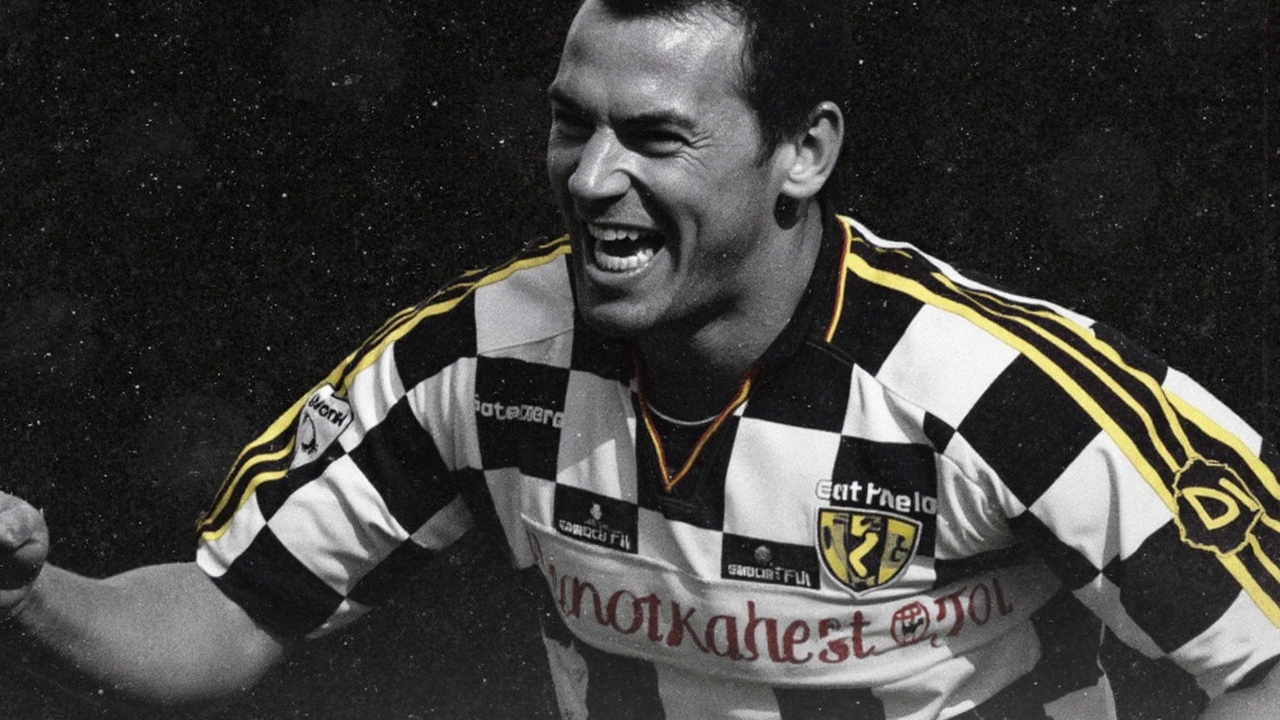
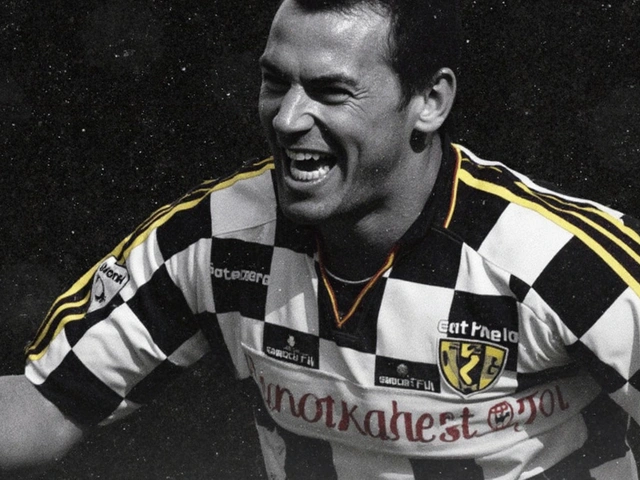
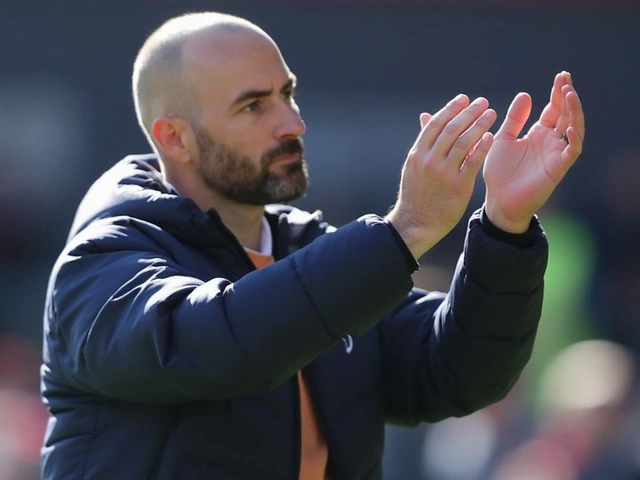
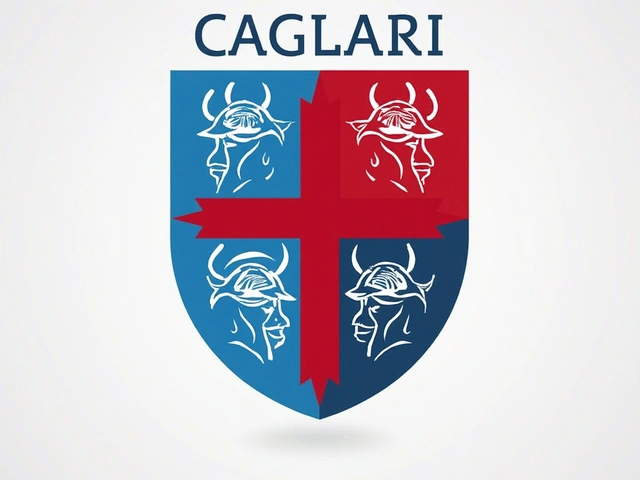
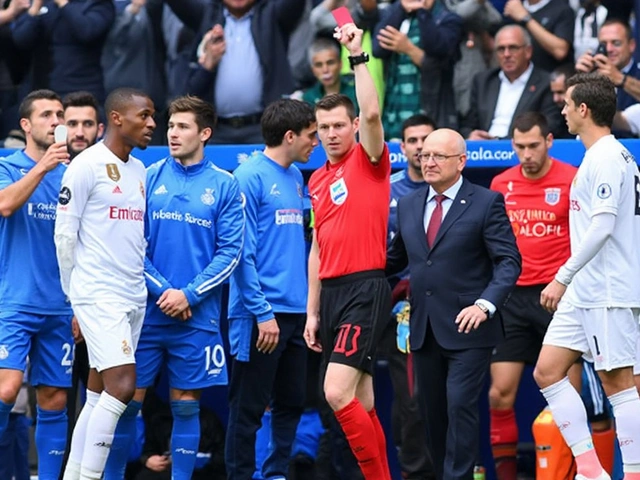
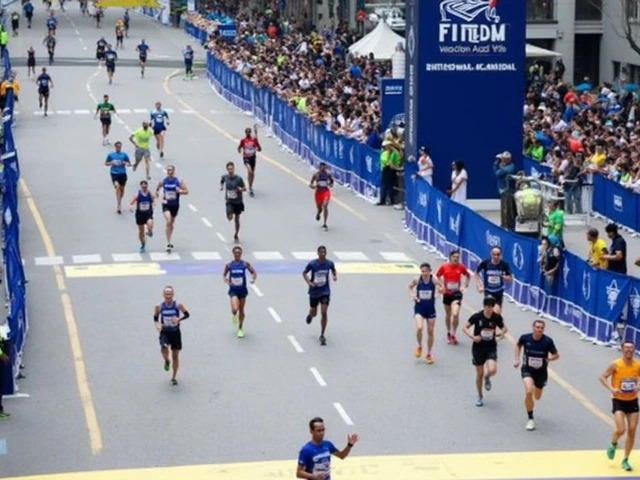
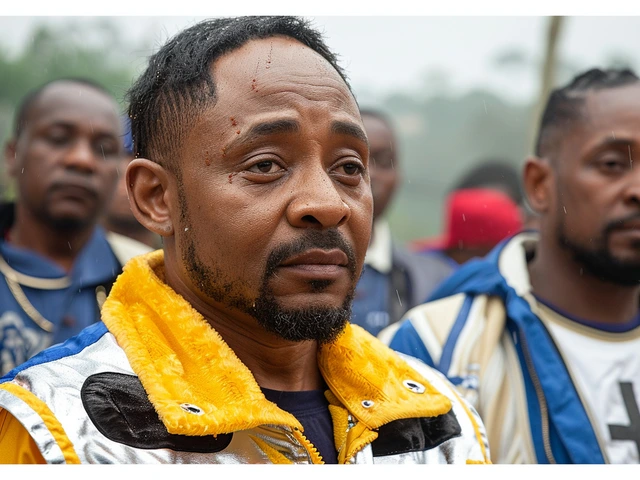
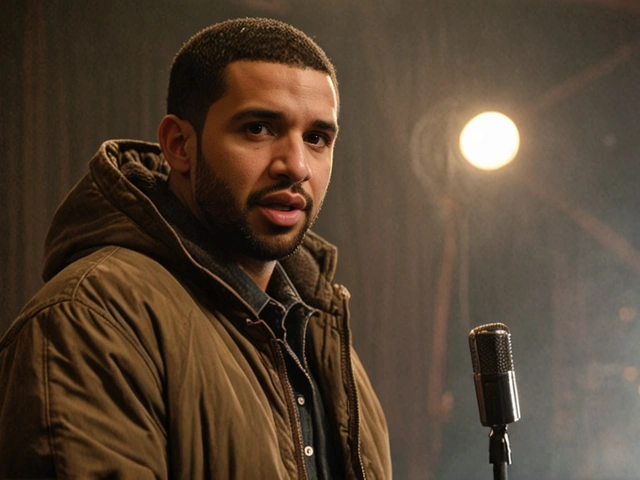
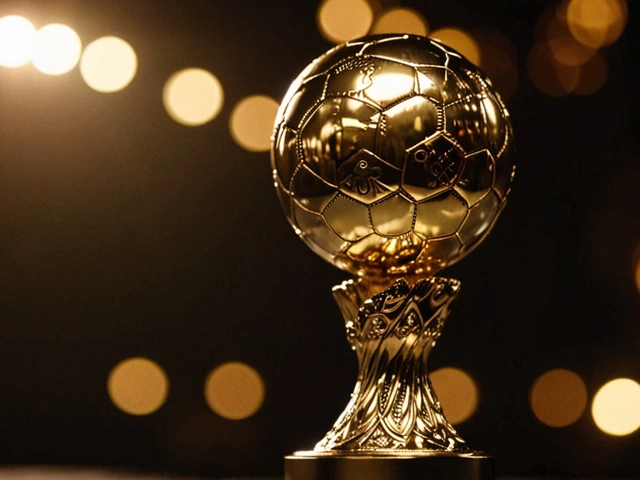
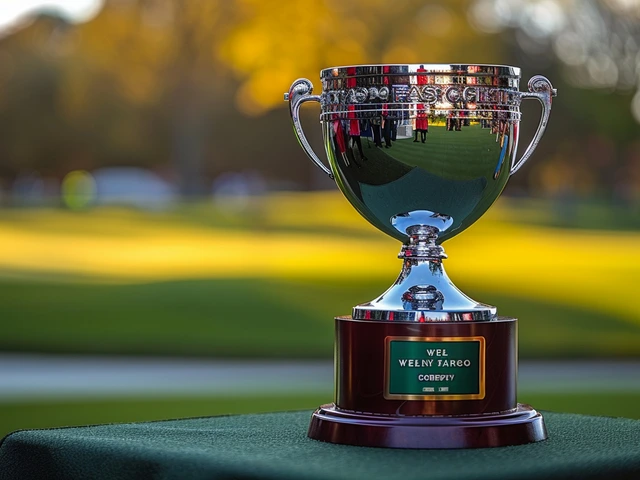

Write a comment